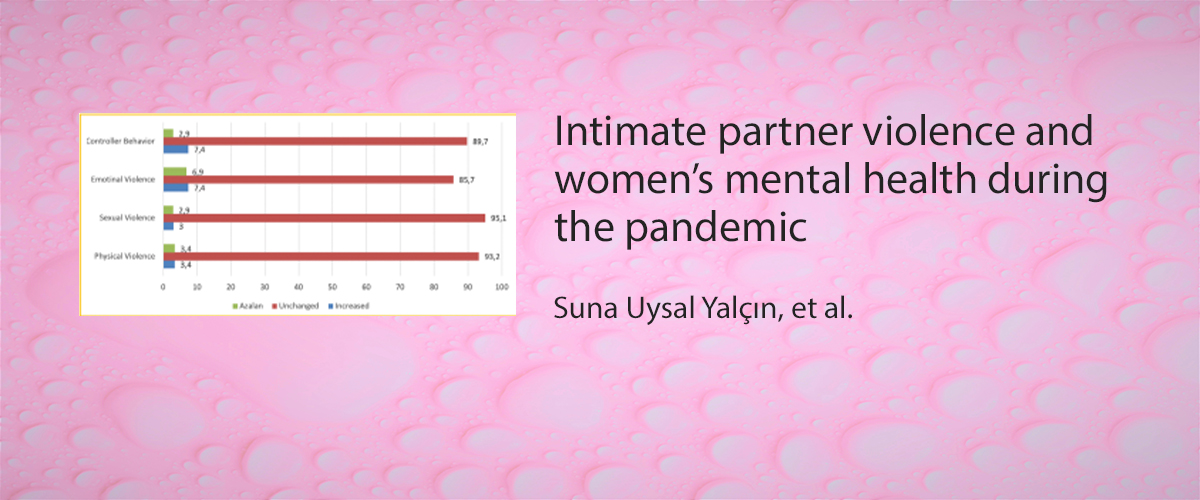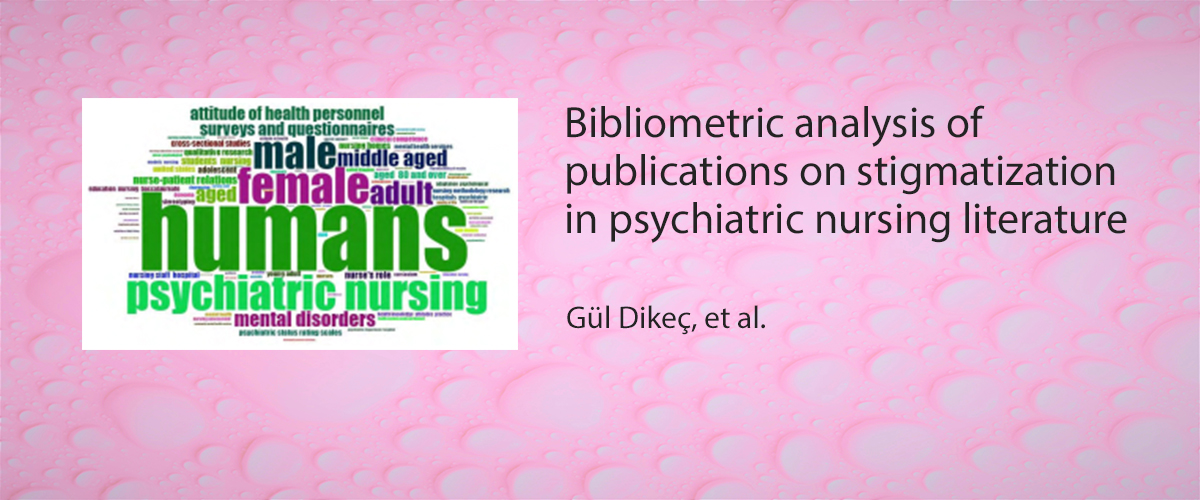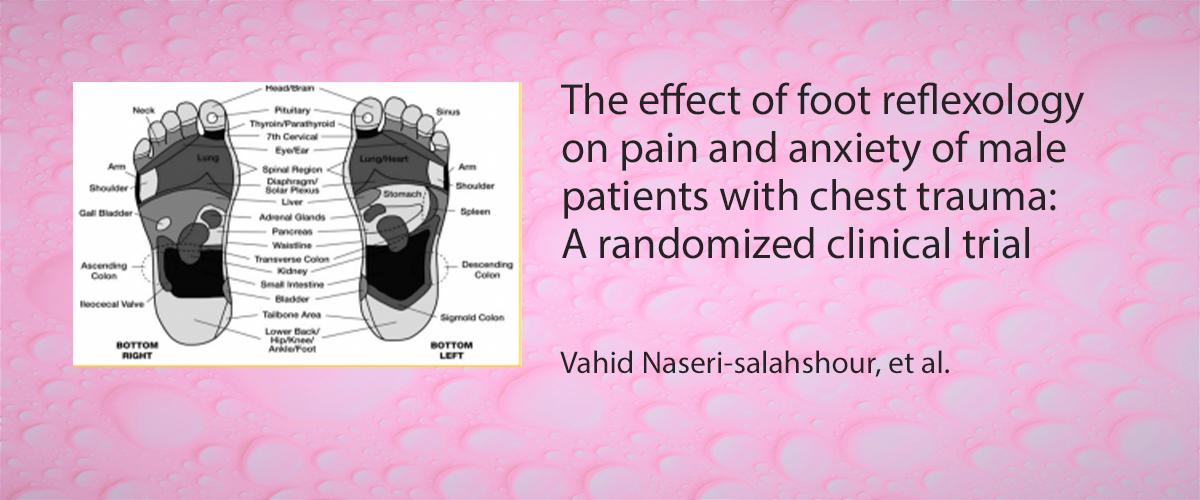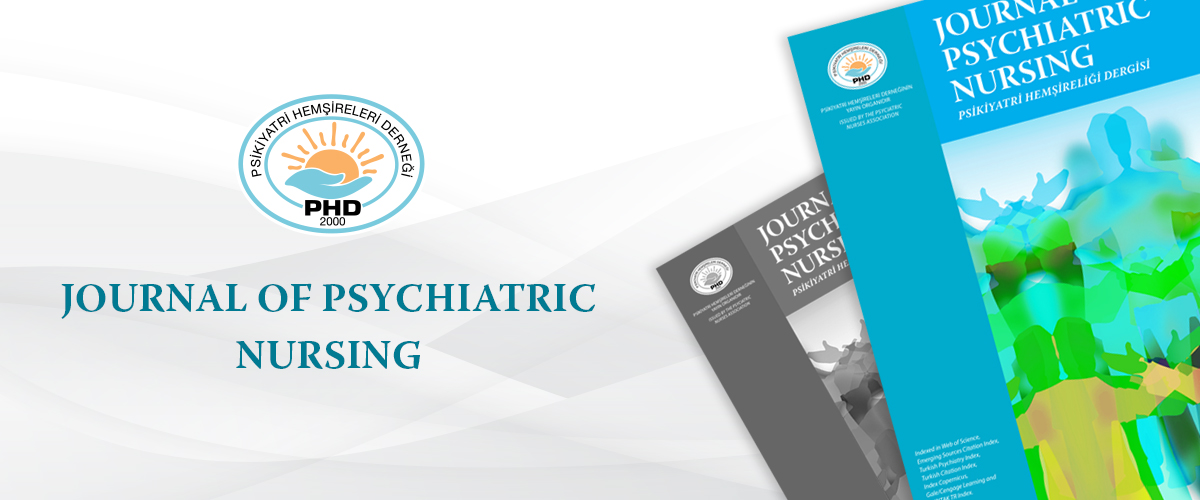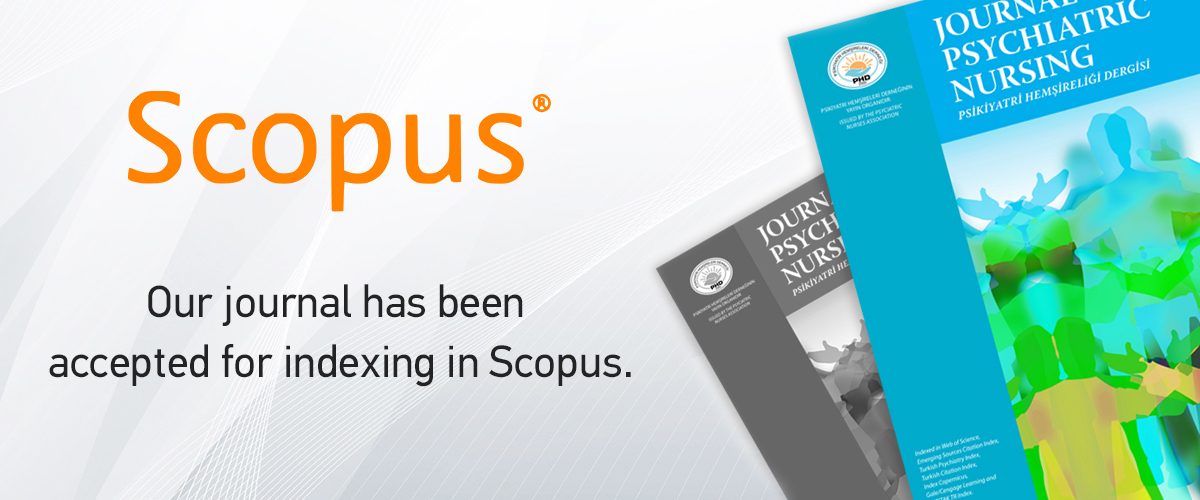
Instructions for Reviewers
Dear reviewer,
We would like to express our very sincere thanks to you for giving some of your valuable time to share your expertise with the Journal of Psychiatric Nursing to evaluate an article submitted for publication. Your participation helps to develop and advance our field.
Peer review of research embodies the scientific method, subjecting the work to the exacting scrutiny of knowledgeable colleagues in a supportive effort. The rigor of the review process directly affects the quality of the literature; it provides confidence in an objective and independent evaluation of the published work.
The objective of a reviewer is to assess the validity, quality, and appropriateness of the article according to the journalâs publication principles. A careful review is a time-consuming task; however, it is fundamental to the integrity of science and is a shared responsibility that benefits us all.
Journal of Psychiatric Nursing adheres to the Committee on Publication Ethics (COPE) code of conduct and best practice guidelines (http://publicationethics.org). We use a double-blind review process in which the identity of both the author and the reviewers are concealed in order to prevent any bias.
An objective, constructive, and timely review process is essential. The decision to accept or reject a manuscript is based on the value, authenticity, and clarity of the research and consistency with the aims and scope of the journal.
GENERAL PRINCIPLES FOR ARTICLE EVALUATION- Any potential perception of a financial or personal interest that may affect decision-making creates a conflict of interest. It is important to understand that the presence of a conflict of interest is independent of the occurrence of inappropriateness. The reliability of the scientific process and published articles is directly related to the objective consideration of conflicts of interest during the planning, implementation, writing, evaluation, editing, and publication of scientific studies. Therefore, all potential competing or conflicting interests must be disclosed. If even the appearance of a conflict of interest due to competing interests or collaboration or other relationships with any of authors, companies, or institutions involved is present in an article sent for your review, you must decline the assignment and inform the editor-in-chief and send an e-mail to the online system so that another reviewer can be selected with minimal delay.
- Confidentiality of all information must be protected. Destroy manuscripts and related material following the review. Only the final published version may be used for any purpose. Confidentiality must also be preserved in your article evaluation report. Avoid any indication of your identity in your comments and recommendations.
- Does the article match your area of expertise?
- o Please only agree to evaluate articles if you can provide a high-quality review. Reviewers are selected based on their professional qualifications and experience; however, if you feel that rigorous assessment of the content of a manuscript demands other expertise, please advise the journal immediately.
- Do you have time to review this article?
- Please notify the journal within a maximum of 15 days of the invitation if you will be able to provide a thorough evaluation.
- Assessment reports are to be submitted within 21 days. If you have accepted but think that you may not be able to complete the evaluation on time, please inform the editors immediately with an e-mail message to the online system to request additional time or advise them that you will not be able to complete the task.
Some points to consider:
- Is the topic of the article appropriate for this journal (related to psychiatric nursing, psychiatry, or psychology)? Will it be useful and of interest to a sufficient number of readers?
- Is the topic timely and relevant for Turkish and international readers?
- Is the article easy to follow, written in clear, correct, and appropriate scientific language, and does it conform to the format rules?
- Are the main points accurately and consistently described in the title, abstract, keywords, highlights, introduction, methods, discussion, and conclusion sections?
- Does the abstract appropriately and sufficiently reflect content of the article and provide a concise summary of the work?
- Are the keywords appropriate and in the correct form (selected from the National Library of Medicine, Medical Subject Headings database (https://www.nlm.nih.gov/mesh/MBrowser.html)?
- Is the language used in the article consistent and appropriate?
- Is the highlights section written according to the journal format rules and does it provide a good overview of the article that will help readers?
- Does the introduction section define the importance of the study clearly in terms of length and content?
- Is the objective stated clearly and is it addressed throughout the article?
- Are the hypothesis and research questions stated and answered?
- Are the hypothesis and research questions supported by the literature and was this explained in the manuscript?
- Are the methods used appropriate for the type of study? Consider the sample selection, measurement tools, and statistical analysis. Does the methods section provide a clear, complete, and sufficient description?
- Were the necessary ethical approvals obtained, observed, and appropriately described?
- Are the results presented in a clear, understandable form? Is the description sufficiently complete?
- Are the tables and figures appropriate and prepared according to the journal format rules?
- Does the discussion section address the research questions and results using relevant current literature findings that may or may not support the study findings?
- Is there a comprehensive evaluation in the discussion section that demonstrates the manuscriptâs contribution to the literature?
- Do the conclusions and recommendations accurately reflect the results? Are recommendations and contributions to practice provided?
- Are the limitations of the study explained?
- Are people or institutions who contributed to the study properly acknowledged? Only those who provide a substantial intellectual contribution to the content of the work may be cited as an author. Other contributors may be recognized with acknowledgements at the conclusion of the article.
- Are the references current and relevant to the topic?
- Do the citations in the article match the reference list?
- Is the length of the article and other format elements appropriate according to the journal rules?
- Based on your expertise, is it necessary or advisable to expand/shorten, emphasize, combine, or delete any part of the manuscript?
Ethical issues: - Has this article already been published, or does it report any data or results already published without appropriate acknowledgement?
- Is anything quoted from another publication without the appropriate citation or does it appear to be too similar to another publication or otherwise insufficiently unique?
- Is there any indication that the data was fabricated or manipulated?
- Did the authors declare all potential competing interests?
- Do you suspect any violation of accepted ethical norms? Was confidentiality ensured for study participants?
If you answer "yes" to any of the items above, please inform the editor immediately.
REPORTING OF MANUSCRIPT EVALUATIONYour comments related to authors will be submitted to Editor in Chief.
- Please begin with your view of the articleâs main contributions to our field and a brief description of the value of publication.
- Please describe any weaknesses you observed or other concerns, and provide justification. Include the section, page number, and paragraph references of any recommendations.
- Please use thoughtful and constructive language intended to improve the quality of the article. Our goal is to support and improve the scientific community.
- Please return your evaluation as soon as possible and report any difficulties of any kind to the journal immediately.
In addition to the journal guidelines provided above, you may wish to check other resources below:
Tools and resourcesGeneral resources
- Free Certified Peer Reviewer course on Researcher Academy
- Peer review Public Library of Peer Review Studies group
- Reviewer checklist
Useful articles from Reviewersâ Update
- Ten tips for a truly terrible peer review
- An early career researcherâs take-home tips on peer review
- How to review manuscripts
- Your top tip to (potential) authors
- A reviewerâs guide to ethics in publishing
- Peer review: how exactly do I do that?
- Elsevier editors share their top reviewing tips: Part 1 - Part 2 - Part 3
Peer review is an important part of our efforts to develop our field. We are sincerely grateful for your contribution and look forward to working with you.
Best regards,



















